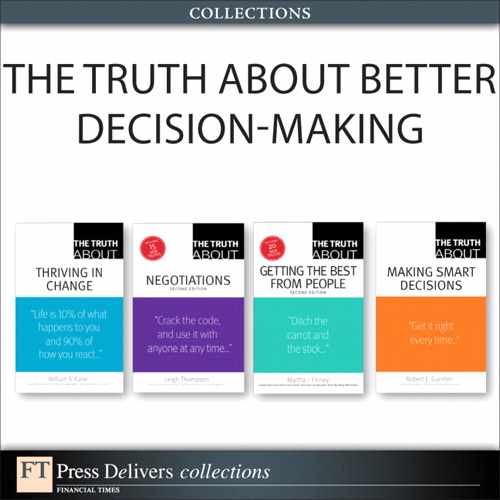Truth 18. Your view of the world depends on what planet you're from
My acupuncturist was trained in top Western medical schools before heading to Taiwan to study with Chinese masters of this ancient art of balancing energy through strategic placement of tiny needles. When I first went to see him, he remarked that he understands both Western and Eastern medicine but finds it almost impossible to explain one to the other. They represent different world views. Western medicine looks at attacking diseases through vaccines, pharmaceuticals, surgery, and other approaches. If there's a problem, you address the chemistry or remove the visible tumor. Acupuncture is based on balancing energy, or chi. The channels for this chi are not the same as nerve pathways. While we can't see this chi, it can be seen in the difference in a body that's alive versus one that's dead, even though the chemistry may be about the same.
This is a classic example of the power of frames. Frames limit what we can see. Sometimes we can't get there from here. In making a decision, our frames don't allow us to see a particular solution.
When Intel's Andy Grove faced a problem with a flaw in the company's Pentium chip, he first viewed it from a technical standpoint. The 1994 "floating-point" flaw was initially dismissed as a minor problem that would affect only a few users. The company decided not to take action, other than to address the problem in future chips and not to disclose it. But what Grove and others failed to recognize was that Intel was shifting from a technology company to a consumer-facing company, as marked by its "Intel Inside" campaign. Through this new lens, the flaw was a serious consumer problem and a major public relations disaster. Customers demanded action. Intel finally changed its course, offering to replace every chip, resulting in a $500 million write-off on its 1994 revenue. The initial decision reflected a technical, internal view. The company's dismissal of the problem and lack of action made sense from this frame. The new decision could only be made after a shift in perspective to a more customer-facing view of the business.
Suppose you suffer from depression. If your question is, "What drug can I use to address it?" your answer will be a drug. But there are also approaches such as meditation and yoga that offer a very different view. Studies show that exercise and breathing can have a significant impact on health, particularly mental health. (If you doubt this, put down this book and go for a short walk. Then ask yourself how your perspective has changed as a result.) But while integrative approaches are becoming more common even in Western medicine, most diseases and treatments are seen through a narrow frame—a pill or procedure.
In addressing a decision, you need to recognize the lenses you use to view it. These lenses or frames limit how you pose the question and limit the questions you can see. How do you break out of these frames? The first approach is to seek out and immerse yourself in different views. It means achieving the "suspension of disbelief" that writers or playwrights seek when they invite you to visit their worlds. You can also explicitly recognize your frames. What are the limits of the education you received? What are the inherent limits of the way you were raised? What are other ways of looking at the same problem?
When I went to the acupuncturist for the first time, I was not at all convinced that it would be helpful, even though there was some research supporting it. But I considered the side effects as fairly minimal. I had several friends who had recommended this approach and this particular doctor. By the time I received the third recommendation, I decided to give it a try.
I still was reluctant to try this approach because I wanted to see clear empirical proof. This, of course, represented a limit in my own frame about medical decision making. We all make many decisions in our lives that are not based on clear empirical proof, and there's often a limit to the information we have access to. Lack of research and evidence, of course, can be a smoke screen for shoddy thinking and quack cures. But relying on rational thought alone as the only basis for decisions is a limited frame. As Santayana said, our goal is not to understand life but to live it. We live in the gray areas, so we need to act in a world that does not always offer sharp contrasts of black and white. Before making a decision, try entertaining different frames. If you see the world in black and white, shift your view from black to white; then try some shades of gray. This can help you to consider a broader set of solutions.10
